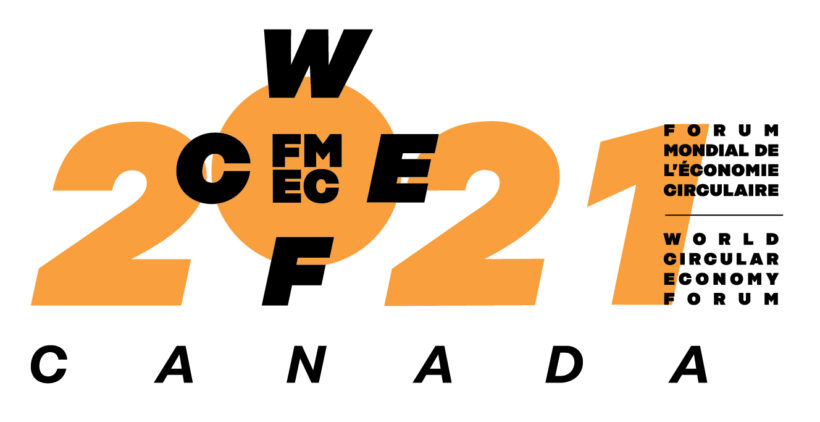15 September 2021 – On 15 September, as part of the World Circular Economy Forum, Drenthe regional minister Tjisse Stelpstra joined the accelerator session on circularity in cities and regions. Together with Cora Smelik (Regional Minister – Flevoland), John Vernooij (CEO Omrin and Chairman Circular Friesland), and Arnoud Passenier (Strategic International Advisor on Circular Economy – Ministry of Infrastructure and Water Management), Minister Stelpstra presented the innovative approach to the circular economy underway in the Netherlands.
Minister Stelpstra highlighted the importance of a new paradigm: there is not such a thing as waste if we see waste as a valuable resource for fully circular value chains. To achieve such an ambitious goal, legal obligations to use recycled materials and clear targets are needed, but it is also essential to mainstream circularity into the education portfolios, from kindergarten to university. In the circular transition, local and regional governments are crucial actors both for their expertise and because they are closer to citizens.
Minister Cora Smelik confirmed the bridging potential of regional authorities, which act as midfielders between cities and national and supranational authorities. She also pointed out the need for genuine cooperation that overcomes interregional competition. In this sense, Dutch provinces jointly created a kracthenkaart (power map) that maps the strengths and weaknesses of each region so they can better complement each other.
John Vernooji presented the success story of Circular Friesland and the transition to circularity implemented in the province of Friesland. Founded by 25 companies in 2016, Circular Friesland brings together entrepreneurs, knowledge institutions, and public authorities to build an ambitious regional programme to circularity.
Lastly, Arnoud Passenier brought the national point of view to the roundtable. In 2016, the Dutch government started a national programme on circular economy. A key aspect is the engagement of all actors, from entrepreneurs to citizens, from local authorities to knowledge institutions.
Main takeaways in bullet points:
- Circularity is about seeing value where others see waste.
- To boost the circular transition, targets and legal obligations are needed but also the engagement of all actors.
- Regions are key as they act as midfielders between citizens and cities on the one hand and the national and European institutions on the other hand.
- Cooperation is essential to complement each others’ strengths and weaknesses and go from small projects at the local level to a systemic circular transition.



